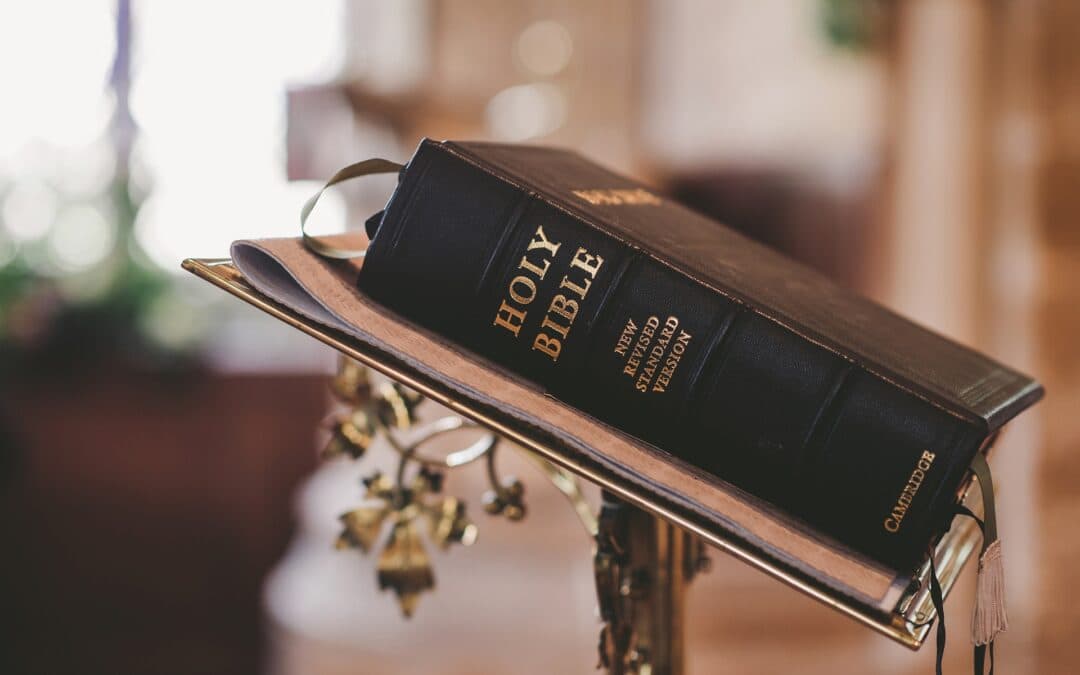We're loading the full news article for you. This includes the article content, images, author information, and related articles.
Proposed laws drafted after the Shakahola massacre aim to curb extremism, but a united front of religious leaders warns the move threatens fundamental freedoms and the separation of church and state.

A contentious government effort to regulate religious organizations in Kenya has ignited a fierce debate, pitting the state's push for oversight against warnings of constitutional overreach from a broad coalition of faith leaders. The proposed legal framework, comprising the Draft Religious Organisations Policy, 2024, and the accompanying Draft Religious Organisations Bill, 2024, stems directly from the national trauma of the Shakahola massacre, where more than 400 people perished in a cult led by self-proclaimed pastor Paul Mackenzie. The discovery of mass graves in Kilifi County in April 2023 prompted President William Ruto to establish a task force to review the regulatory gaps that allowed the tragedy to occur.
The task force, chaired by Reverend (Rtd) Mutava Musyimi, submitted its report and the draft legislation, which the Cabinet approved on Tuesday, July 29, 2025. The government argues the proposals are necessary to “safeguard the integrity of practices while curbing exploitation” and prevent future tragedies. Key provisions of the bill include the establishment of a powerful Religious Affairs Commission to register, supervise, and monitor all faith-based organizations. It would also require religious groups to submit annual financial returns, details of their leadership, and their doctrinal statements. Furthermore, the bill proposes harsh penalties, including fines of up to KES 5 million and lengthy prison terms, for offences such as extorting money through fraudulent miracles and using religion for political influence.
The proposals, currently undergoing public participation as of late October 2025, have been met with unified and vehement rejection from Kenya's diverse religious communities. Leaders from the Supreme Council of Kenya Muslims (SUPKEM), the Kenya Conference of Catholic Bishops (KCCB), the National Council of Churches of Kenya (NCCK), and various evangelical and pentecostal alliances have condemned the bills as a direct assault on constitutional freedoms. Their central argument is that the proposed laws violate Article 32 of the Constitution, which guarantees freedom of conscience, religion, and worship, and Article 8, which establishes Kenya as a secular state with no official religion.
“The Constitution is clear that state and religion shall be separate. We wonder why the government is keen on regulating religious institutions,” stated Bishop Hudson Ndeda, national chairperson of the Church and Clergy Association of Kenya (CCAK), at a press briefing on Wednesday, October 29, 2025. Critics also contend that the existing Societies Act is adequate for governing religious bodies and that the Shakahola tragedy represented a catastrophic failure of security and intelligence agencies, not a lack of legislation. “Wasn't Shakahola a consequence of failure to implement existing laws rather than a vacuum in the law?” the Deliverance Church International posed in a formal letter of opposition.
Specific clauses within the draft bill have drawn sharp criticism. The proposed nine-member Religious Affairs Commission, for instance, would include four government officials, a composition that faith leaders argue undermines the principle of self-regulation. “The involvement of four government officials as commissioners...undermines the concept of self-regulation,” argued Bishop Geoffrey Njuguna of the Deliverance Church. There are widespread fears that the state could use the commission to control religious discourse and penalize smaller, less established, or politically dissenting groups.
Pentecostal leaders have described the bill as “anti-Christ,” expressing concern that vague clauses could be used to criminalize core spiritual practices like healing, deliverance, and the collection of tithes and offerings. The bill's prohibition on religious institutions engaging in politics has also been flagged as problematic, potentially silencing the clergy's historically significant role as a voice of conscience in Kenyan society. SUPKEM National Chairperson Hassan Ole Naado noted that the proposed commission would have “immense powers over sensitive matters of religion” without being one of the independent commissions established under the Constitution. As the deadline for public comment nears, the standoff highlights a fundamental tension: how to prevent the recurrence of a tragedy like Shakahola without infringing on the very freedoms that define Kenya's democratic and diverse society. The outcome will have profound implications for the relationship between the state and the country's deeply religious populace.
Keep the conversation in one place—threads here stay linked to the story and in the forums.
Other hot threads
E-sports and Gaming Community in Kenya
Active 8 months ago
The Role of Technology in Modern Agriculture (AgriTech)
Active 8 months ago
Popular Recreational Activities Across Counties
Active 8 months ago
Investing in Youth Sports Development Programs
Active 8 months ago